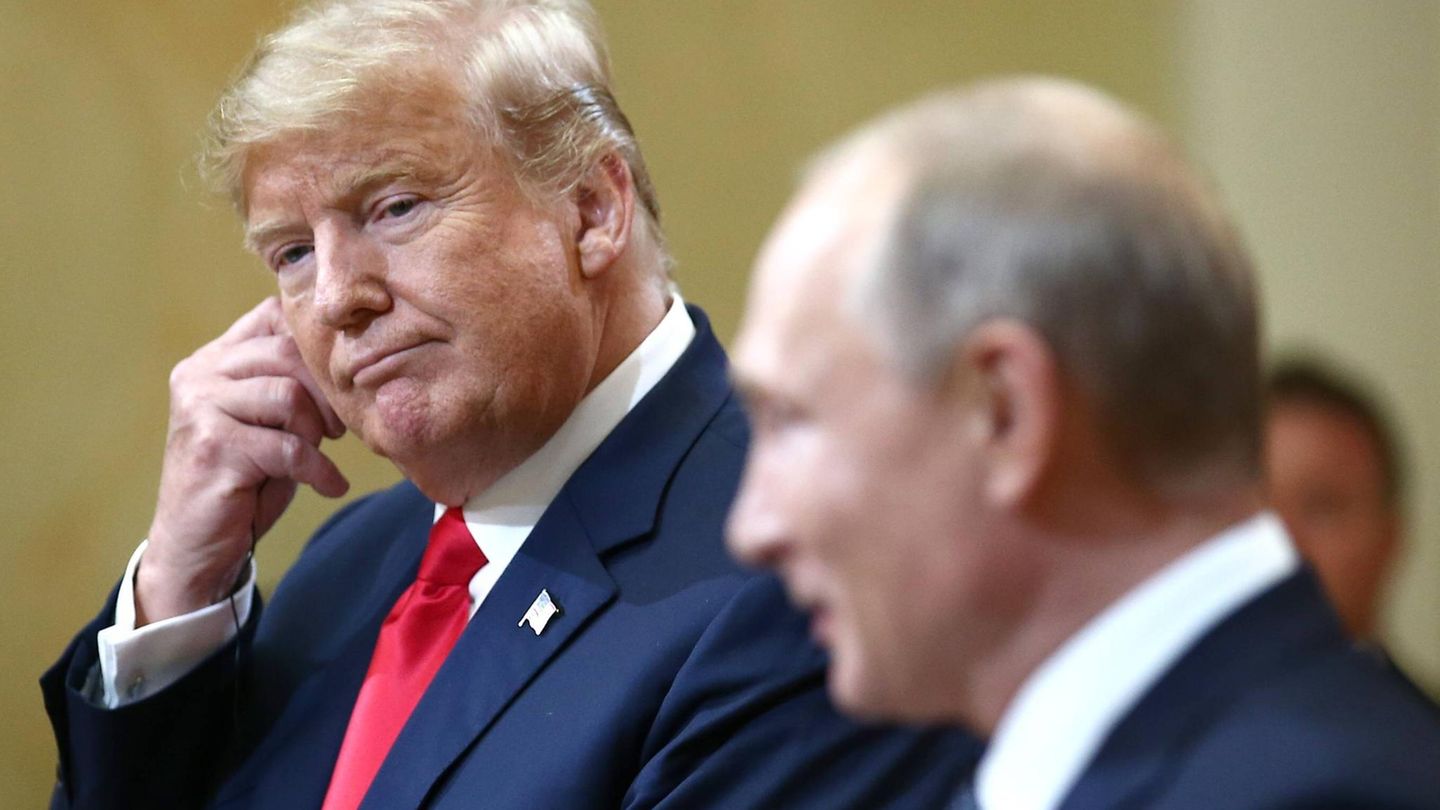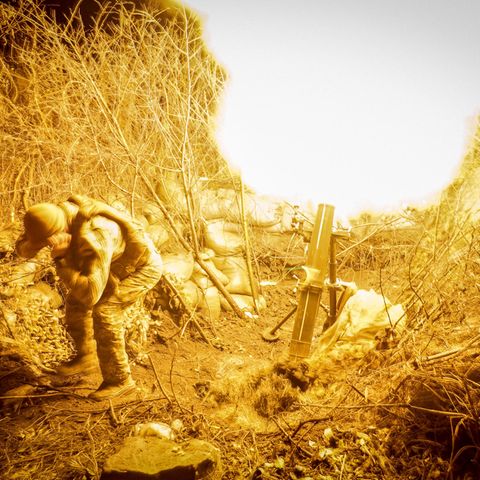Opinion
Trump peace plan pointless? How to read the words of a Russian oligarch
Copy the current link
Russian oligarch Konstantin Malofeyev says negotiations between Putin and Trump over Ukraine have no chance. What is behind his words?
“Kellogg comes to Moscow with his plan, we accept it and then tell him to fuck off because we don’t like any of it. That would be all about negotiations.” With these pithy words, Russian oligarch Konstantin Malofeyev described how the Kremlin would welcome Keith Kellogg, the man Donald Trump has just announced as his future adviser for Russia and Ukraine.
Does this mean the end of Trump’s peace efforts before he even takes office? No. Because Malofeyev is just one of many rich Russians, but one who excels at making himself appear bigger than he actually is, a super-rich loudmouth who likes to boast of his supposedly deep Orthodox faith.
Does Malofeev know what Putin is thinking?
Malofeev was already one of the hardliners against Ukraine in 2014. But does he know what Vladimir Putin thinks? No, because he is not part of the Russian president’s closest entourage, even though he is married to Kremlin employee Marija Lvowa-Belova. If anything, he believes he can please Putin with statements like this. That’s why the interview with the “Financial Times” should not be missing the martial threat of detonating a tactical atomic bomb.
Since Trump’s election at the beginning of November, we have observed an increase in background noise in the information space: media outlets are increasingly citing insider sources on both sides of the Atlantic who outline possible strategies towards peace. This noise is only likely to get louder in the weeks leading up to Trump’s inauguration. So-called “Track 2 talks” are taking place in the background between former politicians, ex-diplomats and political scientists, in which they explore which possible cornerstones of a solution are being discussed on the other side – and where the no-gos lie. And quite clearly, as one participant in these discussions reported, the Russians were looking towards the USA. They are seen as the determining power in this conflict, not the Europeans.
What can be seen in all this noise is a slow convergence of positions: Putin’s repeated demand for Ukraine to be non-aligned was brusquely rejected a year ago, above all by Ukraine itself. However, there now appears to be at least a moratorium on NATO membership Ukraine is possible “for a longer period of time” – according to an analysis that Kellogg wrote in April for the America First Policy Institute – the think tank that has long been preparing Trump’s second presidency.
War weariness is growing in Ukraine
Instead of talking about a “Ukrainian victory”, Zelensky has recently increasingly only spoken about a “just and sustainable peace” that should be achieved – in this way he reflects the changing mood in his country, where war weariness is growing. According to an October poll, for the first time a clear majority of Ukrainians are calling for negotiations to end the war. Ukraine does not want to say goodbye to the idea of NATO membership – but Zelensky has recently backtracked rhetorically on another point: namely, that it may be necessary to de facto recognize Russia’s control over the occupied Ukrainian territories for the time being.
This recognition is a constant demand of Russia, which has annexed both Crimea and four Ukrainian territories. However, Russia does not (so far) control large parts of the Donetsk, Zaporizhia and Kherson regions at all. Most recently, Reuters, citing sources close to the Kremlin, reported that there was a willingness to discuss the actual borders of these areas. A condition repeatedly expressed by Putin no longer appears in the demands quoted by Reuters: the removal of the allegedly fascist regime in Kiev, which Putin likes to call “denazification.”
The Austrian military expert Franz-Stefan Gady recently put it this way: “You shouldn’t judge the Russians by their words, but by their actions.”
This also applies to oligarchs who are not part of Putin’s inner circle. And we can only speak of peace, or at least a ceasefire, when the guns actually fall silent along the 1,000 kilometer long front line.
Source: Stern
I have been working in the news industry for over 6 years, first as a reporter and now as an editor. I have covered politics extensively, and my work has appeared in major newspapers and online news outlets around the world. In addition to my writing, I also contribute regularly to 24 Hours World.





